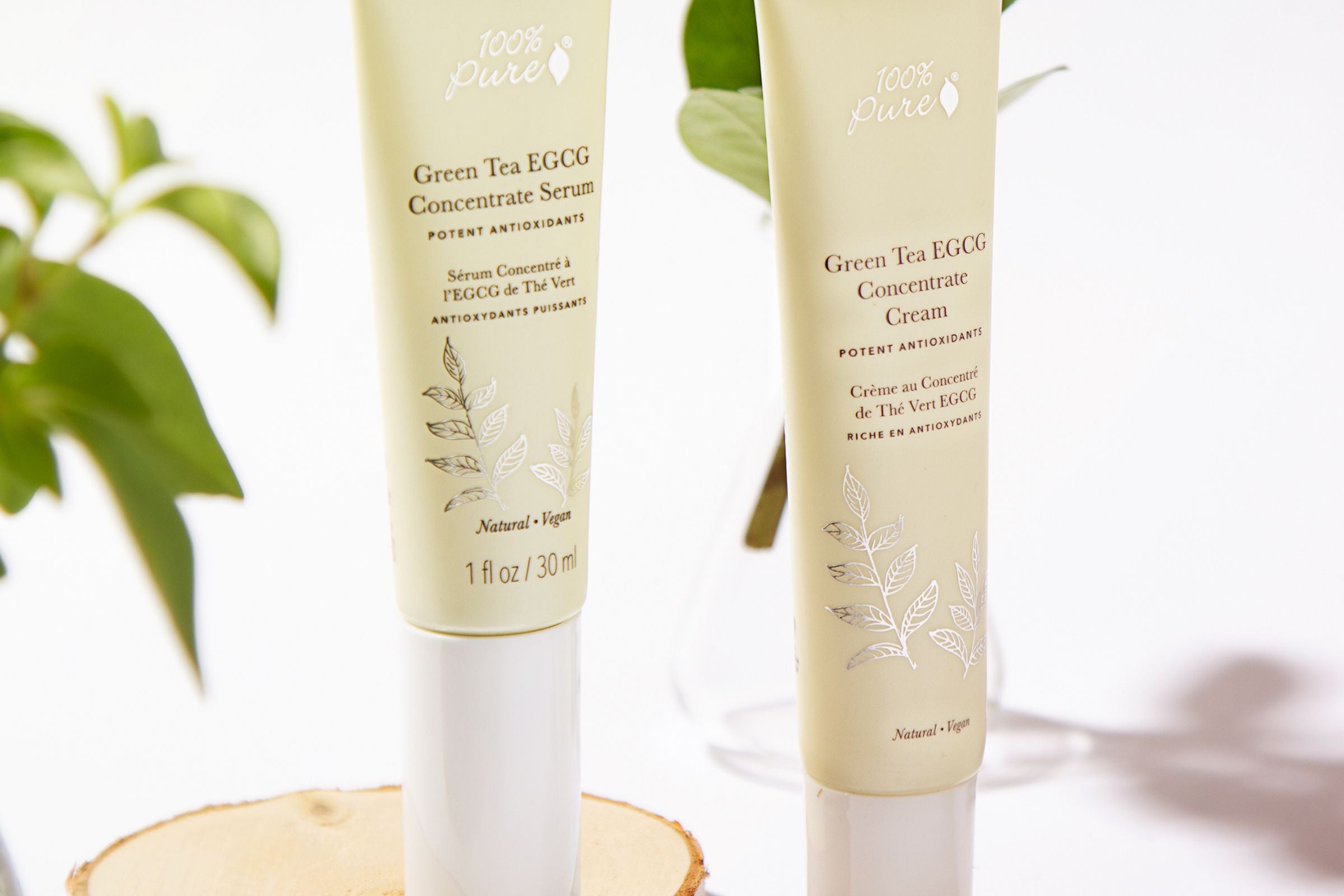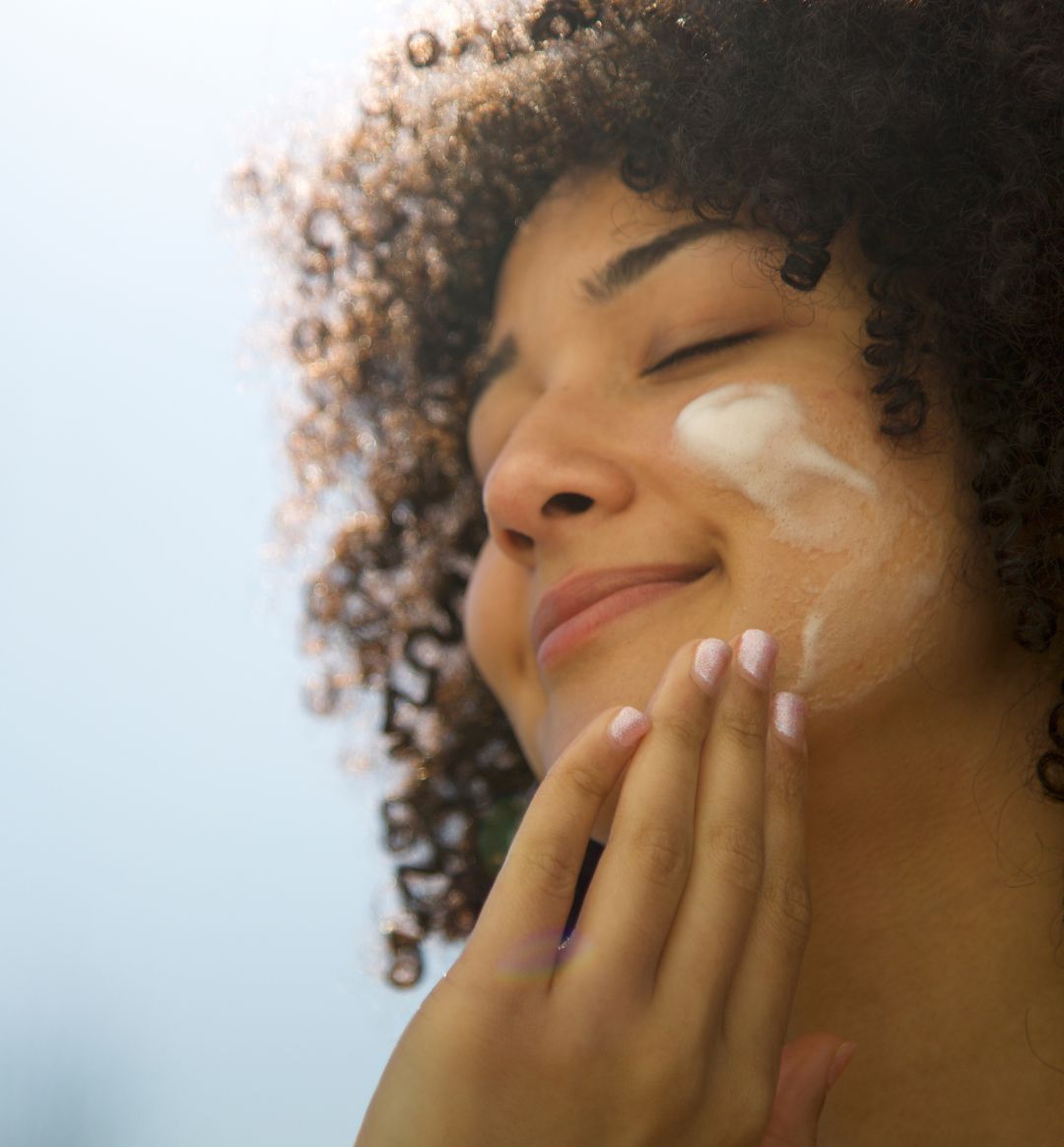In the pursuit of youthful and radiant skin, many have turned to retinol for its renowned benefits, such as reducing fine lines and promoting a more youthful complexion. However, this skincare superhero often comes with the drawbacks of irritation and sensitivity, leaving some seeking a gentler solution.
Enter bakuchiol, a natural retinol alternative, which offers the promise of effectiveness without the harsh side effects. In this exploration, we’ll delve into these alternatives, with a spotlight on bakuchiol, to uncover their rejuvenating potential and how they can help achieve a more youthful and radiant complexion.
Why Consider Natural Retinol Alternatives?
Considering natural retinol alternatives is a wise choice due to the potential for skin irritation associated with synthetic retinol. While synthetic retinol offers remarkable anti-aging benefits, it often brings along redness, peeling, and sensitivity, making it less suitable for some skin types.
Natural retinol alternatives, derived from plant-based sources like bakuchiol, provide a gentler route to achieving youthful skin.
Discovering Natural Retinol Alternatives
These alternatives harness the beauty of nature to deliver similar effectiveness without the harsh side effects, allowing individuals to experience the rejuvenating benefits of retinol-like compounds while embracing a more plant-based, holistic approach to skincare.
1. Bakuchiol
Bakuchiol is extracted from the seeds of the Babchi plant, which is native to India. It offers benefits similar to synthetic retinol, such as promoting collagen production, reducing wrinkles, and improving skin texture, but with less irritation.
How to use: You can incorporate bakuchiol into your skincare routine by using products like Bakuchiol Cleanser for gentle cleansing, Bakuchiol Oil Serum for anti-aging benefits, or Bakuchiol Moisturizer for hydration.
2. Rosehip Seed Oil
Rosehip seed oil is extracted from the seeds of wild rose bushes. This oil is rich in vitamins A, C, and E, as well as essential fatty acids. It’s known for its ability to moisturize, fade dark spots, and improve skin elasticity.
How to use: Apply pure Rosehip Seed Oil to your face or look for products like Dark Spot Remover and Coffee Bean Caffeine Eye Cream that contain this oil for targeted skincare benefits.
3. Sea Buckthorn Oil
Sea buckthorn oil is obtained from the berries of the sea buckthorn plant. It’s a powerhouse of vitamins, particularly vitamins C and E, as well as essential fatty acids. Sea buckthorn oil can promote healing, hydration, and skin regeneration.
How to use: Incorporate products like Super Fruit Facial Oil, Coffee Bean Face Cream, or Seaberry Moisturizer into your routine to enjoy the nourishing and rejuvenating effects of sea buckthorn oil.
4. Rosemary
Rosemary is a fragrant herb known for its culinary and medicinal uses. In skincare, rosemary extracts are used. It is rich in antioxidants and has anti-inflammatory properties. It can help improve circulation, reduce inflammation, and promote a more youthful complexion.
How to use: Look for skincare products like Intensive Nourishing Balm, and Intensive Nourishing Oil containing rosemary extract for added skincare benefits.
5. Green Tea
Green tea is made from the leaves of the Camellia sinensis plant. Green tea is known for its soothing and antioxidant-rich properties. It can help reduce redness, calm irritated skin, and combat signs of aging.
How to use: Consider using products like Green Tea EGCG Concentrate Cream, Green Tea EGCG Concentrate Serum, and Tea Tree Deep Detox Mask, to leverage the skincare benefits of green tea extract in your routine.
How to Incorporate These Alternatives into Your Routine
Incorporating 100% Pure products into your skincare routine is incredibly easy. Our range of natural ingredients, like bakuchiol, rosehip seed oil, and sea buckthorn oil, offers a seamless way to elevate your skincare regimen. Here’s a step-by-step guide that you can follow:
Morning Routine
- Start with the Bakuchiol cleanser to remove impurities.
- Apply a few drops of rosehip seed oil after cleansing. It can help hydrate and protect your skin throughout the day.
- Apply a broad-spectrum sunscreen with at least SPF 30 to protect your skin from UV damage. This step is crucial when using retinol alternatives, as they can make your skin more sensitive to the sun.
- Bakuchiol moisturizer and Green Tea EGCG Concentrate Serum can be applied before your sunscreen. It’s a milder option that can provide retinol-like benefits without the same level of sensitivity.
Evening Routine
- Start with a gentle cleanser to remove makeup and impurities.
- Then apply the product containing rosemary extract
- Then time for some bakuchiol again, apply it in the evening after cleansing. It can help with skin renewal and anti-aging without the potential irritation of synthetic retinol.
- Now, apply sea buckthorn oil or a product containing it. This oil is deeply hydrating and can support skin repair overnight.
- If you didn’t use rosehip seed oil in the morning, you can incorporate it into your evening routine for added hydration.
Tips for Mixing Natural Retinol Alternatives with Other Skincare Products
Patch Test: Before fully incorporating any new product into your routine, perform a patch test to ensure you don’t experience any adverse reactions.
Gradual Introduction: When starting with natural retinol alternatives like bakuchiol, introduce them slowly into your routine to allow your skin to acclimate. Start with a few times a week and gradually increase.
Layering: Layer lighter products before heavier ones. Apply water-based serums before oils to ensure optimal absorption.
Wait Times: Allow each product a few minutes to absorb before applying the next one.
Sunscreen is Non-Negotiable: When using retinol alternatives, sunscreen is crucial during the day to protect your skin from UV damage and minimize the risk of sensitivity.
Consult a Dermatologist: For personalized advice on combining products and addressing specific skincare concerns, consider consulting a dermatologist or skincare professional.
Newsletter Subscribe
for more blog updates and exclusive discounts
Frequently Asked Questions
How do natural retinol alternatives compare to synthetic retinol in terms of effectiveness?
Natural retinol alternatives, such as bakuchiol, offer a promising alternative to synthetic retinol with several advantages. While they are generally considered better tolerated due to milder side effects, bakuchiol has been proven to provide similar effectiveness in improving skin texture, reducing fine lines, and promoting collagen production.
Are these alternatives suitable for all skin types?
Natural retinol alternatives are generally suitable for all skin types, but it’s essential to patch-test and consult a dermatologist for specific concerns like sensitivity or allergies.
Where can I purchase natural retinol alternatives?
You can easily purchase natural retinol alternatives from reputable skincare brands dedicated to providing such options. Brands like 100% Pure are committed to offering natural substitutes like Bakuchiol. You’ll find these products in various retail outlets, including health food stores, online retailers, and specialized skincare boutiques.
Can I use multiple natural retinol alternatives together?
Using multiple natural retinol alternatives together is possible, but it’s crucial to exercise caution and prioritize compatibility. Bakuchiol is a standout option due to its effectiveness and mildness. While you can incorporate other natural ingredients like rosehip oil or peptides, always check their compatibility to avoid adverse reactions.
How long does it take to see results?
The time it takes to see results from natural retinol alternatives can vary depending on factors like individual skin type, concerns, and the specific product used. Generally, you may start noticing improvements in skin texture and tone within a few weeks to a few months of consistent use.
Conclusion
To sum it up, natural retinol alternatives offer a gentle yet rejuvenating path to holistic beauty and wellness. These alternatives, with bakuchiol as a standout example, provide effective skincare solutions with fewer side effects compared to synthetic retinol. As we embark on our journeys toward healthier skin, it’s essential to explore and find the specific natural alternatives that best suit our unique skin types and concerns.
Source by [author_name]



